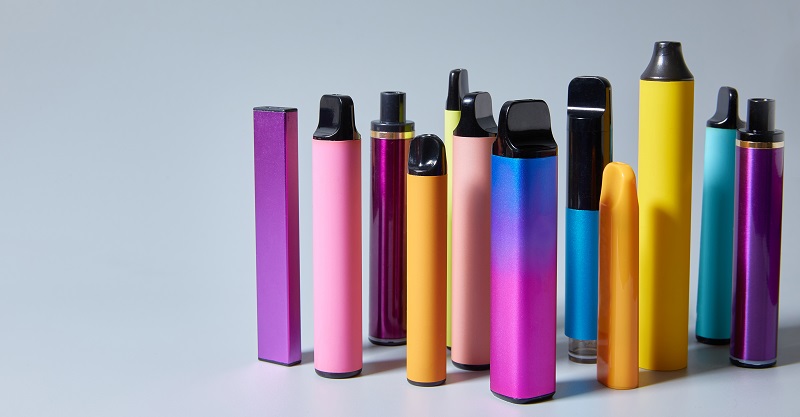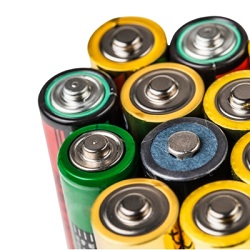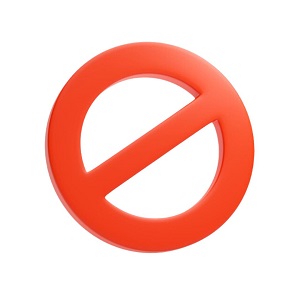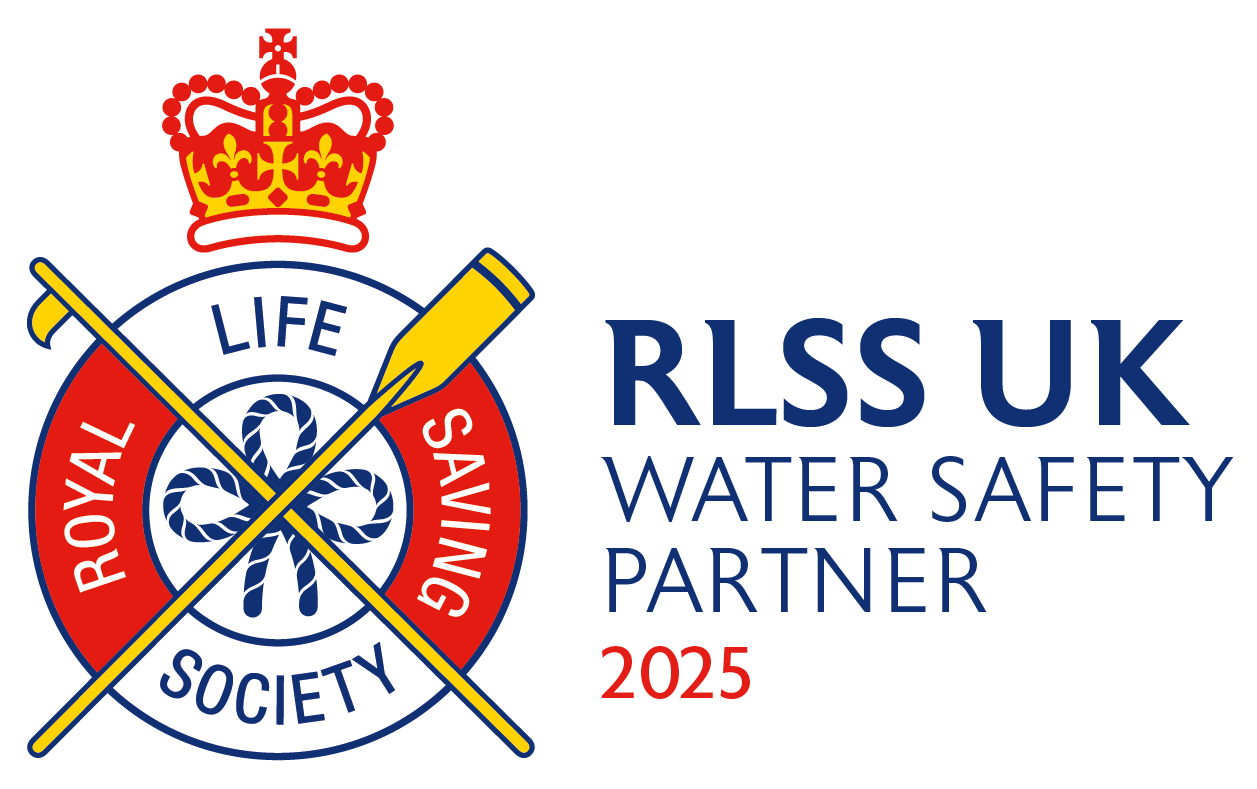Vaping is becoming more and more widespread, and with it, a growing concern about the environmental impact of disposable vape materials.

As an environmentally conscious nation, we are committed to reducing paper waste, restricting plastic pollution, and preventing the contamination of the environment with harmful chemicals. One way we are doing this is by discouraging cigarette smoking. According to the World Health Organisation (WHO), cigarette filters contain microplastics and make up the second-highest form of plastic pollution worldwide. When cigarettes are incorrectly disposed of, not only is the plastic dumped, but so also are 7000 toxic chemicals that can pose a serious risk to the surrounding environment.*
However, some habits are hard to kick, and many smokers have turned to electronic cigarettes, more commonly known as vapes, as an alternative.
A Vaping Revolution
Over the past decade, vapes have become a more accessible, trendier, and alternative way to consume nicotine. Once a simple business model, now a thriving industry that brings in billions each year. In 2022, the global vape market was valued at 22.45 billion USD (18 billion GBP) and is expected to rise with an annual growth rate of 30.6% from 2022 to 2030.*
The vape industry has evolved considerably since its inception. Consumers now have access to devices with substantially better battery life, advanced atomisers, optimal vaping temperatures and, of course, a vast library of designs and e-liquid flavours. These technological and user developments, combined with high demand across North-America, Asia and Europe,* have led to the rapid rise of the vape and, more crucially, the disposable vape.
These small, colourful and engaging devices consist of a plastic casing, a lithium-ion battery, nicotine-infused e-liquid, and a host of other materials and chemicals. This raises the question: are disposable vapes safe for the environment?
Whilst vaping can (currently) be a much safer alternative for our bodies than smoking, everything we consume will impact our ecosystem.
The Lithium-Ion Issue
According to recent research commissioned by independent non-profit organisation Material Focus, 1.3 million disposable vapes are irresponsibly thrown away each week within the UK; that’s enough to cover 22 football pitches. It contributes to why disposable electrical waste is the country’s fastest-growing waste stream, with over 155,000 tonnes of electrical waste thrown away every year.* Unfortunately, these numbers will only increase as the number of vapes purchased each year is increasing. The number of e-cigarette users grew from around 700,000 in 2012 to 4.3 million in 2022.*
Material Focus has concluded that each vape contains 0.15g of Lithium batteries inside them, which adds up to an astounding 10 tonnes ending up in landfill or incinerators annually - the same as 1,200 electric vehicle batteries.* In order to strive towards a future where we aren't reliant on fossil fuels, lithium has been identified as a key tool and  one that must be preserved as much as possible.
one that must be preserved as much as possible.
Yet, if not safely disposed of, lithium possesses the potential to cause serious fire hazards, known to combust when pressure is applied. According to Material Focus' research of 60 local authorities nationwide, over 700 fires erupt each year due to the detonation of rechargeable batteries. When these batteries are punctured, damaged or exposed to high temperatures during waste processing and sorting operations, they can explode, setting fire to dry, flammable waste and recycling around them. This damage costs the fire service and waste processing infrastructures £158 million each year, in addition to severely delaying recycling processes.*
Environmental Repercussions
As well as the irresponsible disposal of valuable lithium, vapes contain several other components that can cause serious harm to humans, animals and the planet. The most prominent is plastic, which most - if not all - brands use to form a device's coloured shell. Unfortunately, the plastic used to manufacture vapes is non-degradable. Other components include copper, rubber and even glass, all of which; also do not decompose easily when discarded into landfill sites.*
Vapes are also recognised as a toxic hazard. Waste Electrical and Electronic Equipment (WEEE) recycler, SWEEEP Kuusakoski, says that due to the presence of persistent organic pollutants (POPs) in the form of brominated flame-retardant pollutants found in the plastic components and substances in the printed circuit board, some vapes are likely to be classified as hazardous.* Additionally, the nicotine-rich e-liquids can leak into the environment, contaminating water and natural habitats, harming animals and poisoning water supplies.*
Given the environmental issues that we face, it is imperative to take into account the right way to handle the discarding of vapes. Actions are being taken by organisations and governments in order to reduce or control the use of disposable vapes.
Call to Action

In 2022, The British Metal Recycling Association (BMRA) called for a ban on households placing unwanted waste electrical equipment (WEEE) in roadside collection bins, suggesting that the government instructs local councils to carry out kerbside collection for the items, including disposable vapes.* What's more, 18 environmental and health groups, including Green Alliance and the RSPCA demanded in an open letter to the Secretary of State for Environment that the government ban the sale of disposables to stem their "rapidly escalating threat" to public health and the environment.
The LGA (Local Government Association), which represents councils in England and Wales, has called for a ban on products by 2024 following the damaging effects on recycling infrastructure and the environment, but also because of recent serious health and social issues. Councils have expressed concern that attractive packaging and flavourings may prove alluring to young people, potentially creating an avenue for nicotine addiction at a vulnerable age.
Other countries in Europe have also expressed their ambition to regulate disposables. France is taking the lead in implementing a ban by late 2023 as part of anti-smoking measures being developed by the health ministry over the coming five years. It is likely that the EU will also move towards a ban in 2026; however, nothing has been confirmed.
Scott Butler, Executive Director of Material Focus said: “A key part of the problem is that vapes are advertised as disposable. Producers and retailers need to work together to ensure that they should make people aware that vapes should never be binned and instead be recycled.”
Albeit, whilst no plans are in place to ban vaping, the only current resolution is through the use of Vape Recycling Bins for safe and efficient disposal. As with any type of electrical waste, recycling is vital. Read our Guide to Recycling Disposable Vapes to see how you or your organisation can dispose of vapes responsibly.
For more information on the topic discussed within this article, please Contact Us or speak to a member of our team using our LiveChat service.
References
https://www.who.int/news/item/31-05-2022-who-raises-alarm-on-tobacco-industry-environmental-impact#:~:text=The%20WHO%20report%20%E2%80%9CTobacco%3A%20Poisoning,further%20contributing%20to%20global%20warming.
https://www.grandviewresearch.com/industry-analysis/e-cigarette-vaping-market
https://www.grandviewresearch.com/industry-analysis/e-cigarette-vaping-market
https://ash.org.uk/uploads/Use-of-e-cigarettes-vapes-among-adults-in-Great-Britain-2022.pdf?v=1661865959
https://www.materialfocus.org.uk/press-releases/one-million-single-use-vapes-thrown-away-every-week-contributing-to-the-growing-e-waste-challenge-in-the-uk/
https://www.materialfocus.org.uk/press-releases/one-million-single-use-vapes-thrown-away-every-week-contributing-to-the-growing-e-waste-challenge-in-the-uk/
https://www.theguardian.com/society/2022/aug/29/vaping-reaches-record-levels-great-britain-report
https://www.bbc.co.uk/news/science-environment-63809620
https://commonslibrary.parliament.uk/research-briefings/cdp-2022-0216/?__cf_chl_tk=rRegFYu4Bev7G1ubXLWZvYvWIPLCx6Wmsav9x7ELnZQ-1692087642-0-gaNycGzNDFA
https://www.letsrecycle.com/news/sweeep-warns-used-e-cigarettes-are-potentially-hazardous/
https://www.theecoexperts.co.uk/blog/disposable-vapes
https://resource.co/article/bmra-calls-ban-households-placing-e-waste-roadside-collection-bins


























